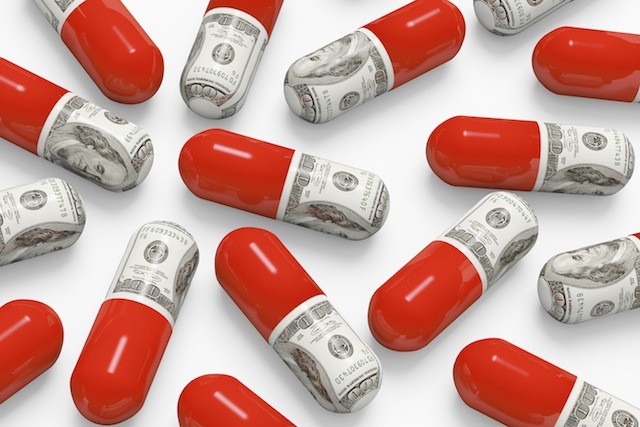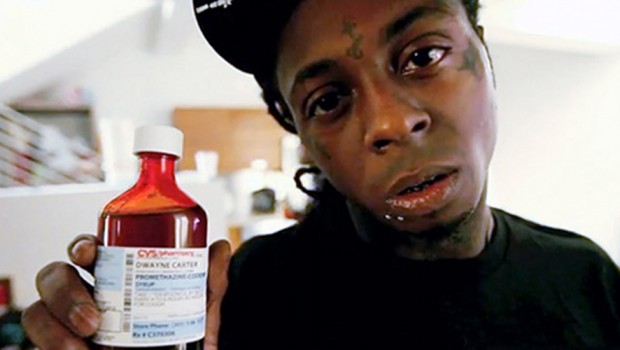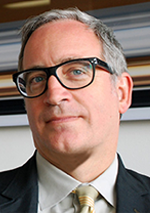Doctors Dish to TheBlaze on Bloomberg’s New Rule Limiting Painkillers in the ER: ‘Ridiculous’
Last week, Mayor Michael Bloomberg announced that public hospitals in New York City would adopt his new guidelines that restrict emergency room doctors from dishing out opiate painkillers in an effort to curb abuse. But just what do medical professionals have to say about this?
“The fact that Mayor Bloomberg is suggesting that hospitals limit supplies of prescription pain killers in ERs is ridiculous,” Dr. Damon Raskin, a board certified internist and addiction specialist who works with Cliffside Malibu Treatment Center, said in an email to TheBlaze. “Limiting opiate prescriptions will not change the drug problem and only cause problems with the patients who really need them.”
And that was a common theme among the medical professionals we spoke to.
The problem
A report by the Senate Caucus on International Narcotics Control says prescription painkillers accounted for 20,044 of 26,450 overdose deaths in 2008, more than those from heroine or cocaine combined. DrugFree.org pointed out that 70 percent of people who were abusing prescription drugs got them from a relative or friend.
Map shows an AP analysis of Drug Enforcement Administration data highlighting the increased use of the addictive pain killer oxycodone across the U.S. from 2000 to 2010.
According to the press release from Bloomberg’s office, the rate of opioid painkiller-related emergency room visits nearly tripled in the city between 2004 and 2010.
The new guidelines will be used in all of New York City’s public hospitals. Specifically, the guidelines prevent emergency departments from prescribing long-acting opioid painkillers, like oxycodone, fentanyl patches and methadone. Doctors will be able to prescribe up to a three-day supply of opioids but will not refill lost, stolen or destroyed prescriptions.
“Prescription opioid painkillers can be just as dangerous as illegal drugs,” Health Commissioner Thomas Farley said in a statement. “These new guidelines will help reduce prescription drug misuse while also making sure that patients coming to emergency departments have access to safe and appropriate pain relief options.”
Is government intervention needed?
Dr. Joshua Kugler, the chief medical officer and former chairman of the emergency services department at South Nassau Communities Hospital in Long Island, New York, said he agrees with Bloomberg’s efforts and called it a “necessary evil.”
“I applaud the concept, the philosophy behind it,” Kugler said to TheBlaze in a phone interview. “But also am cautiously optimistic about how this will truly affect patient care.”
Still, Kugler noted that there might be times when the guidelines could leave a legitimate patient in considerable pain. He said, for example, if a patient lost a prescription on a Friday evening after their doctor had gone for the weekend, they could be out of luck until Monday.
He added that although similar guidelines wouldn’t necessarily infringe upon how he or his department practices medicine, he does believe physicians need to have the ability to address patient care on a case-by-case basis.
Dr. Alex Kudisch, the chief medical officer at the Texas-based Origins Recovery Centers, expounded on this sentiment in an email to TheBlaze saying that “medicine must heal itself and without government intervention.”
“Yes, the Oxy for a toothache mentality must end, but the medical community will lose its rights to perform medicine if government intervenes,” Kudisch continued.
And what about the doctor’s roll in providing the drugs in the first place potentially contributing to the problem itself? Glenn Beck earlier this week said that if doctors providing the drugs can’t tell the difference between real pain and a drug addict, “then we have a problem with the doctors.”
Dr. Michael Michael with a rehabilitation clinic in Michigan told TheBlaze in a phone interview that for a long time physicians themselves didn’t do a good enough job managing patients’ use of the drug.
“A lot of it has to do with options — what options the doctor had at managing a patient’s pain,” Michael said, noting that even short term use of opiates as a painkiller is associated with an addiction risk.
He called opiates the “be-all-end-all in pain relief,” but noted there are other treatments now that doctors can use to avoid the drug completely.
“We’ve become better educated about it and are doing better at managing it, but are still not doing well enough,” he said.
Watch Beck share his thoughts regarding Bloomberg’s guidelines and the mayor’s comment that people using the ER as their source of primary care might have to “suffer a little bit”:
Treating the addiction
While Michael, who works specifically with patients suffering from addiction, agrees that something needs to be done to help curb the problem in the short term and that Bloomberg’s guidelines might cut down on overdose situations, he told TheBlaze that he doesn’t think it will have a significant, long-lasting effect.
Why? Because treatment of the addition is more than just cutting off the source. Part of the problem is the treatment in and of itself. Michael said the most popular way to wean an opiate addict off the drug is to put them on another, more controlled opiate, which would then be reduced over time. Although Michael said he respects those who provide this type of treatment, he said it’s not only painful for the addict but also not entirely effective as it often leads them to become addicted to this other opiate.
As a doctor at the Eagle Advancement Institute, Michael takes a different, 100-percent non-opiate approach at treating patients. In fact, the Clarity Detox Program was named one of the top five technologies to reduce prescription drug abuse by the Center for Lawful Access and Abuse Deterrence.
Michael said four out of five patients going through their program are successful at overcoming their addiction.
And even if addiction is being addressed, what is to be done about overdoses, which are still bound to occur? Kugler pointed out that Naloxone, an injectable drug used to reverse opiate overdoses, is being distributed to sources beyond emergency responders. New York and a few other states have programs expanding the distribution of Naloxone kits. Reuters reported on a study last year that found it would be life-saving and cost-effective to put the Naloxone kits directly in the hands of known heroine users.
Overall though, Kugler said stifling the problem goes all they way back to parents and schools having a real dialogue with children about the risks associated with prescription narcotics.
In other words, personal responsibility is just what the doctor ordered.
Orignal Article
Cliffside Malibu
Dr. Damon Raskin
























